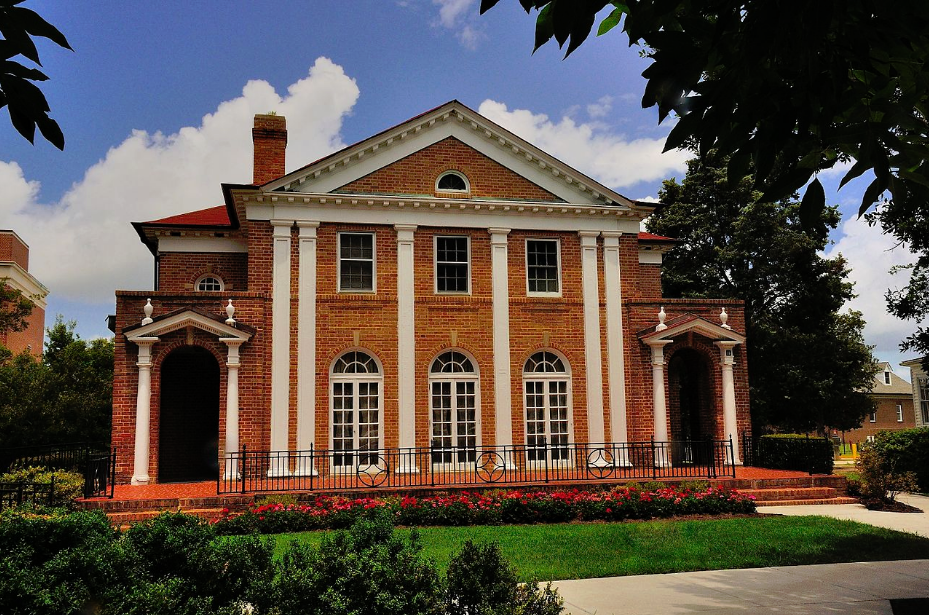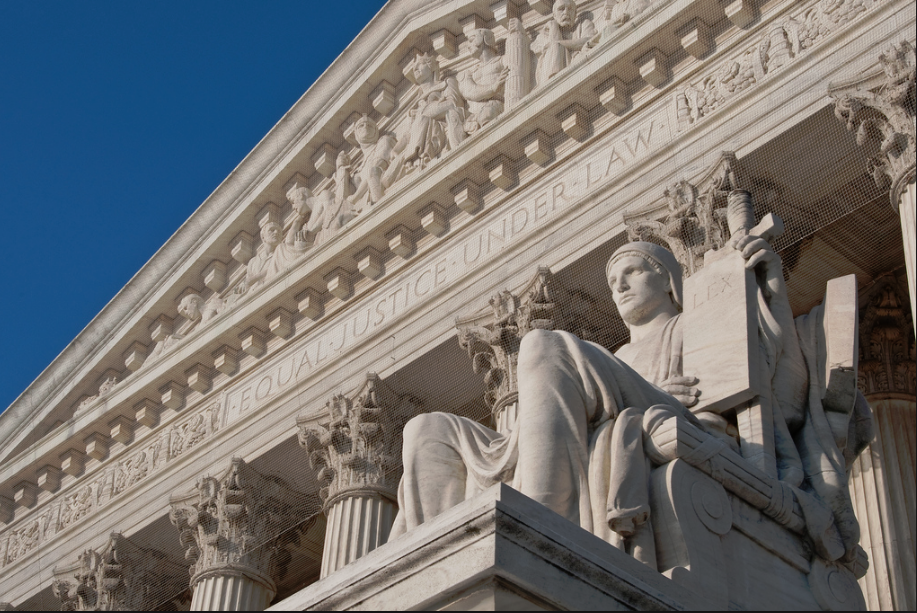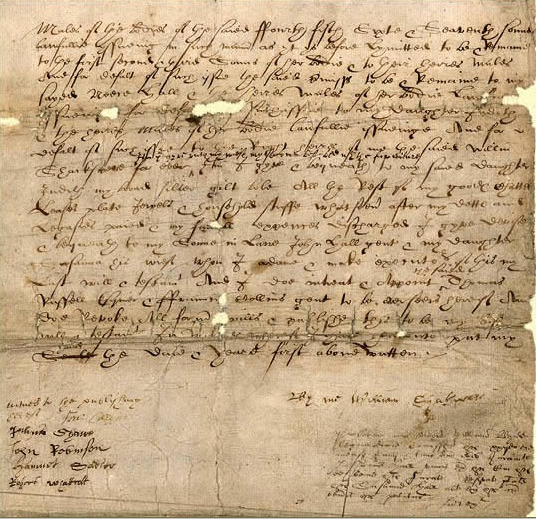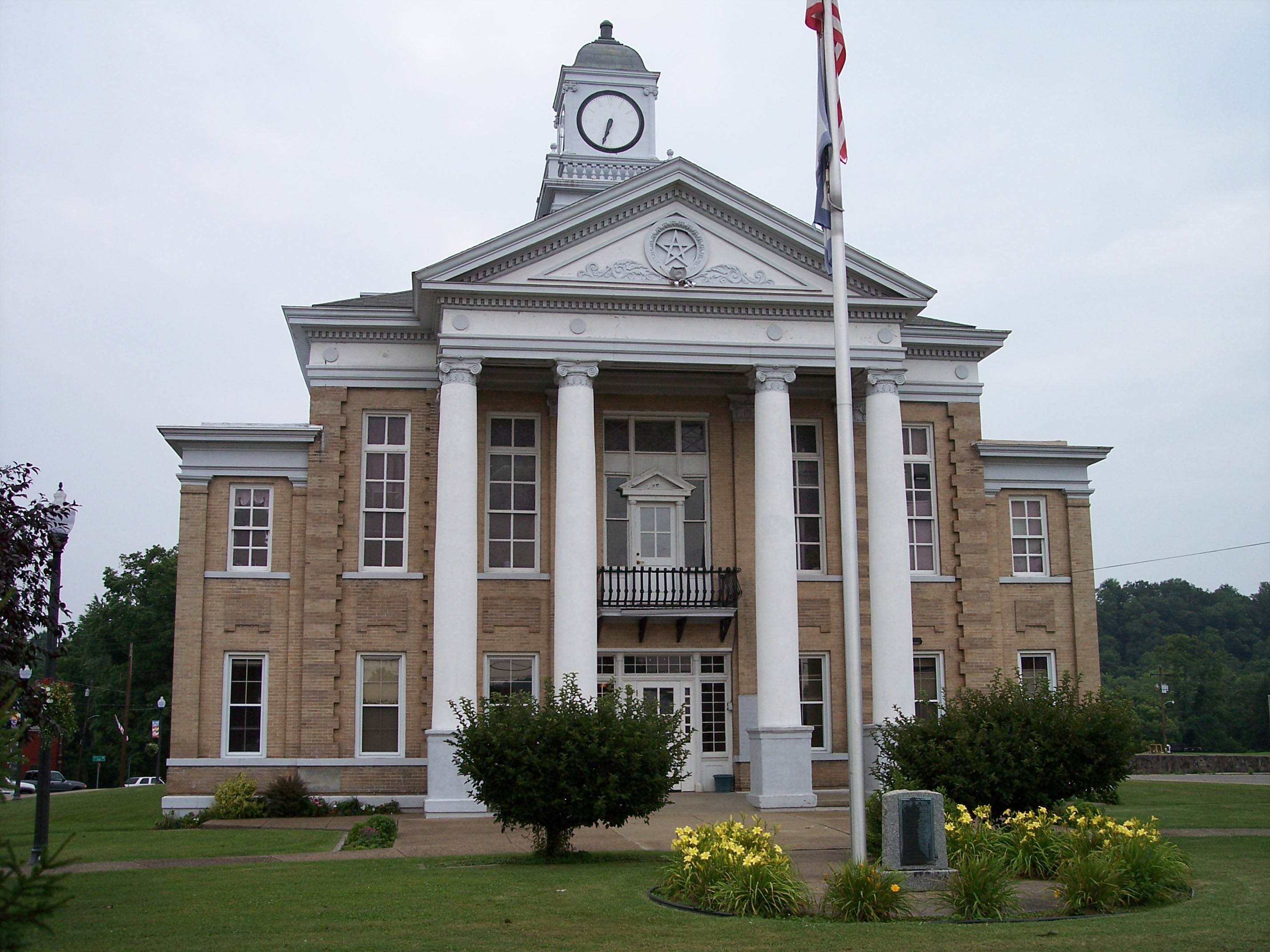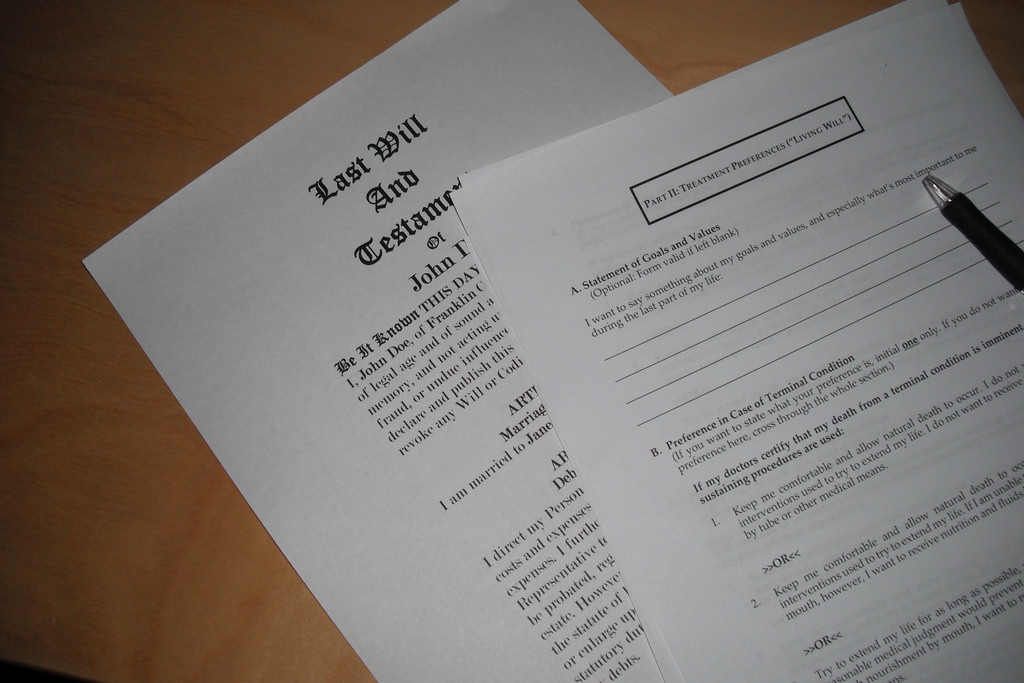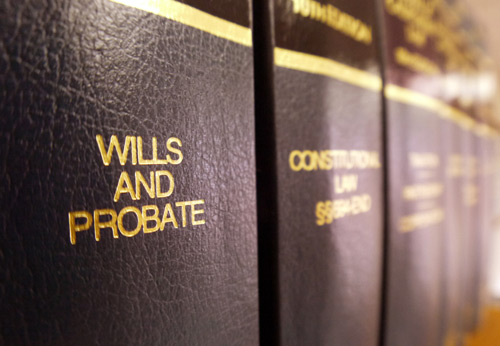Singer and television personality Marie Osmond recently announced she would not be leaving her fortune to her children. Individuals are free to incorporate decisions to disinherit heirs, as Marie Osmond did, in their estate plans; however, this often leads to litigation after the individual passes away. Litigation over an estate can be particularly difficult and expensive because the person with the most direct knowledge about the estate – the decedent – is no longer alive to testify. What are some practical steps to avoid or mitigate the risk of litigation? Make Your Estate Plan Known A testator (individual making a will or providing a legacy) seeking to disinherit…
-
-
Breach of Trustees’ Fiduciary Duty – Part 1: General Considerations
This is the first of a four-part series examining trustee’s fiduciary duties and the circumstances that could result in litigation. To begin, we will discuss basic principles that will lay a groundwork to inform our larger discussion. What is a Trust and a Trustee?[1] A trust is a financial instrument or tool through which people can transfer their assets to others over time. People who create trusts are called “settlors,” because they “settle” or initially put assets into the trust. Those who stand to benefit from the assets in the trust are known as “beneficiaries.” The person…
-
Probate Basics: Questions and Answers
Losing a loved one is an emotional and difficult time, even without handling the legalities and formalities of the deceased’s affairs. When you find yourself responsible for handling the deceased’s business at the end of death, where do you start? This post aims to explain the basics of probate, how it works, and what you should do in North Carolina under typical circumstances. What is Probate? Probate is the official legal process by which a will is honored. When a will is probated, an executor (sometimes called a personal representative) is appointed to administer the estate and carry…
-
Six Basic Questions and Answers about Executors
If you have a will or have ever dealt with estate administration, you are probably familiar with the term “executor.” However, most people don’t know what an executor is or what the executor’s role is. Additionally, what do you do if you suspect an executor is behaving fraudulently or contrary to the deceased person’s wishes? What is an executor? An executor is a person or institution appointed to carry out the terms of a person’s will. They are appointed by the person who wrote the will, the testator, to conclude the business and financial arrangements the testator had…
-
Accelerating Estate Disputes: The Living Probate Option
North Carolina joins four other states in providing a path to ensure decedents’ assets are distributed according to their wishes upon death.[1] The North Carolina General Assembly recently enacted legislation amending statutes regarding estate administration by adding a procedure for “living probate.” This action is usually commenced by a testator – the author of a will – prior to his or her death where he or she anticipates a challenge to the will’s validity. The court can now declare a will is valid while the testator is alive, thereby preventing potentially more expensive litigation after the testator’s death, when he or she is unable to…
-
Six Ways to Challenge a Will’s Validity
Wills must meet several basic requirements to be valid and enforceable under state law. If any of the below factors are at work, then a will’s validity may be challenged. (1) Undue Influence Undue influence exists when a person uses coercion to influence the testator (the person creating a will) into executing a will that does not accurately reflect the testator’s true wishes. There are several red flags to keep in mind if you are suspicious a loved one’s will is the product of undue influence. Unusual dispositions of property, sickness and vulnerability of the testator to undue influence,…
-
What Happens if You Die Without a Will? Taking a Lesson from Prince
On Tuesday, Prince’s sister, Tyka Nelson, filed an emergency motion in Carver County District Court requesting that the Court appoint a special administrator to gather and protect Prince’s assets. She also claimed that, to the best of her knowledge, no will existed. The assets are estimated to be worth $100 – $500 million and are comprised of real estate holdings, including his Paisley Park Complex outside of Minneapolis; his music catalog, including licensing rights for television, film, and commercials; and album sales. It is estimated that in the week after his death, 2.8 million of his songs – and over 650,000 albums – were sold…
-
Caveat to a Caveat to a Will: North Carolina Court of Appeals Offers Non-Binding Opinion
In October the North Carolina Court of Appeals issued an unpublished opinion addressing the circumstances under which it is appropriate to grant a motion to dismiss in the context of a will caveat.[1] A caveat is a legal challenge to the probate of a will when there is confusion or disagreement as to the interpretation of the will. The three issues addressed were: (1) can a caveat challenge only a part of a will; (2) can an executor who presents a will for probate later file a caveat; and (3) can one who accepts a benefit under a will later challenge its validity via caveat?…

